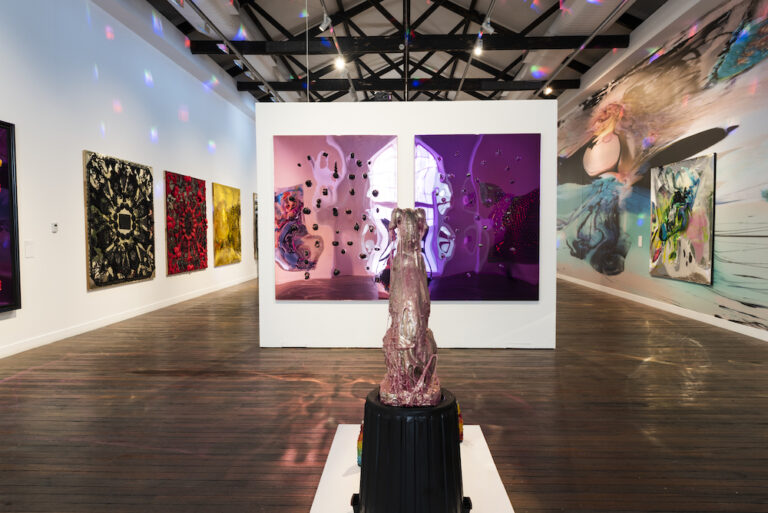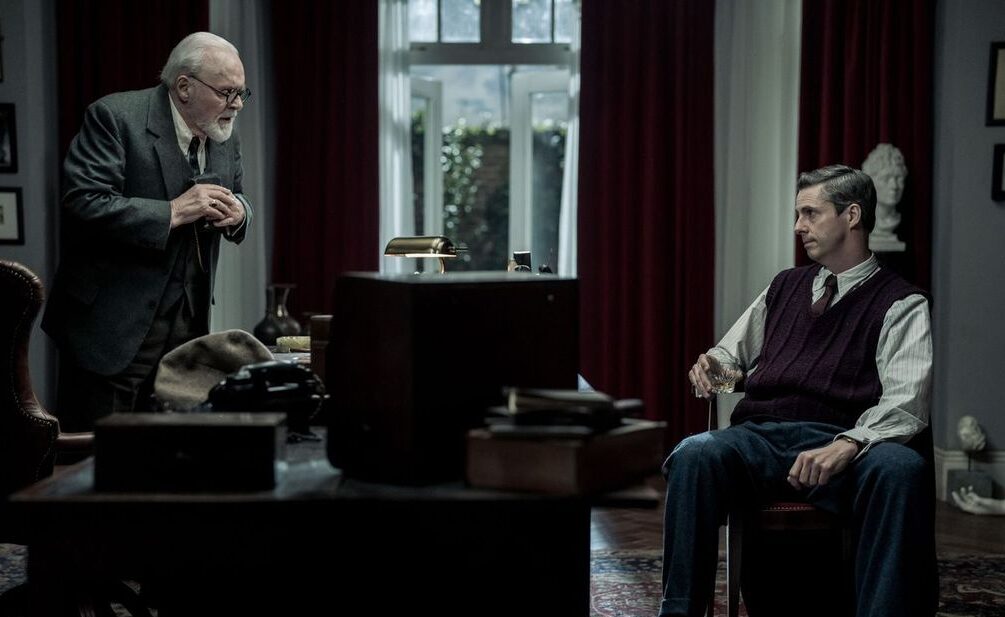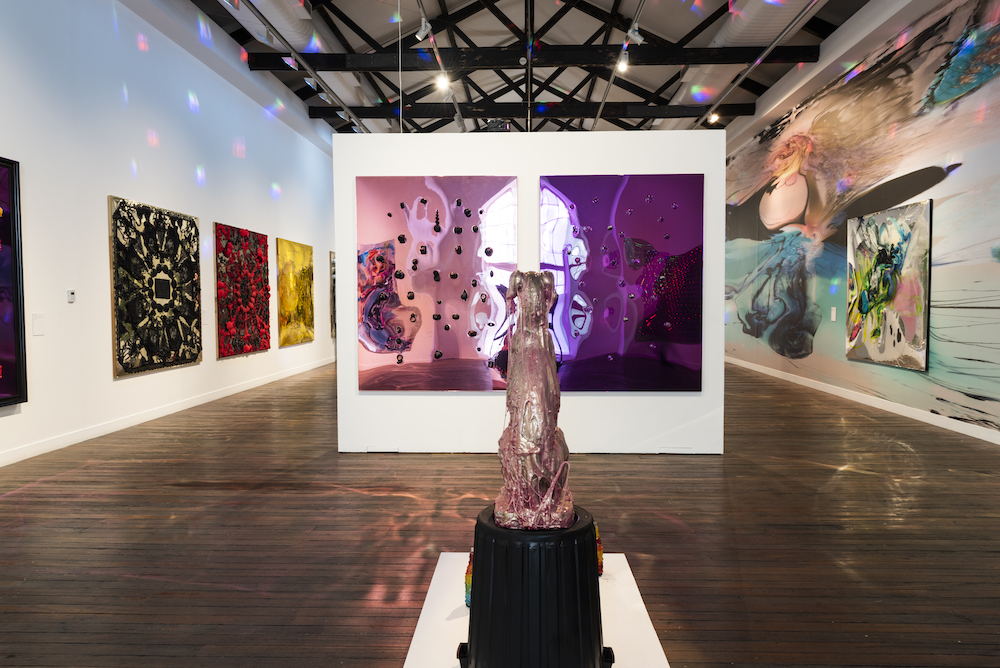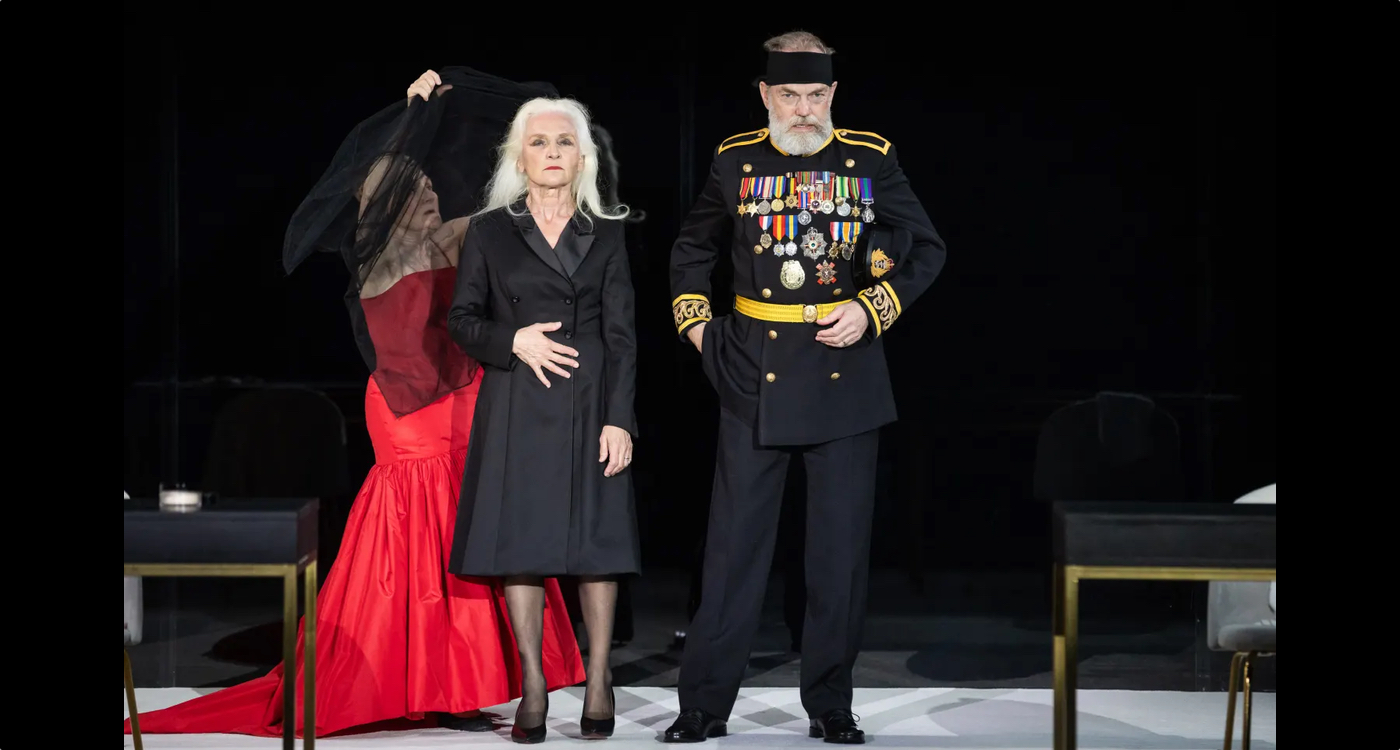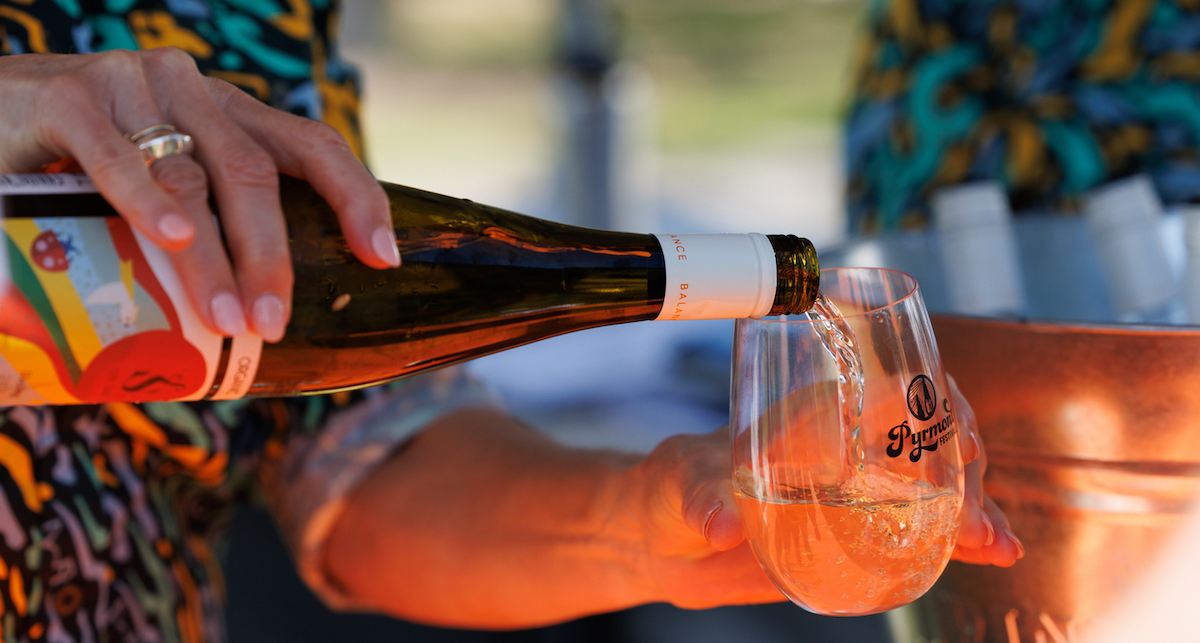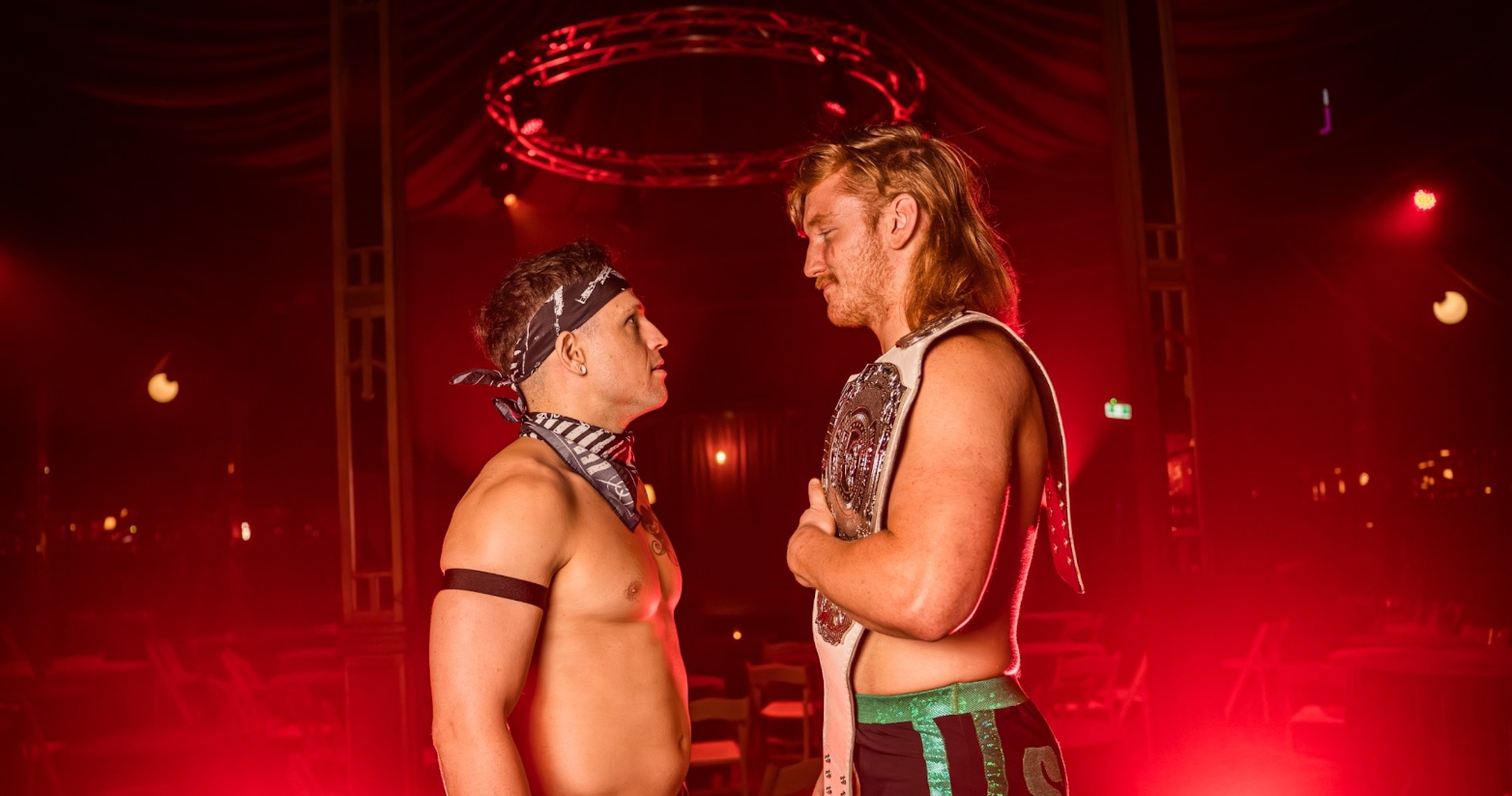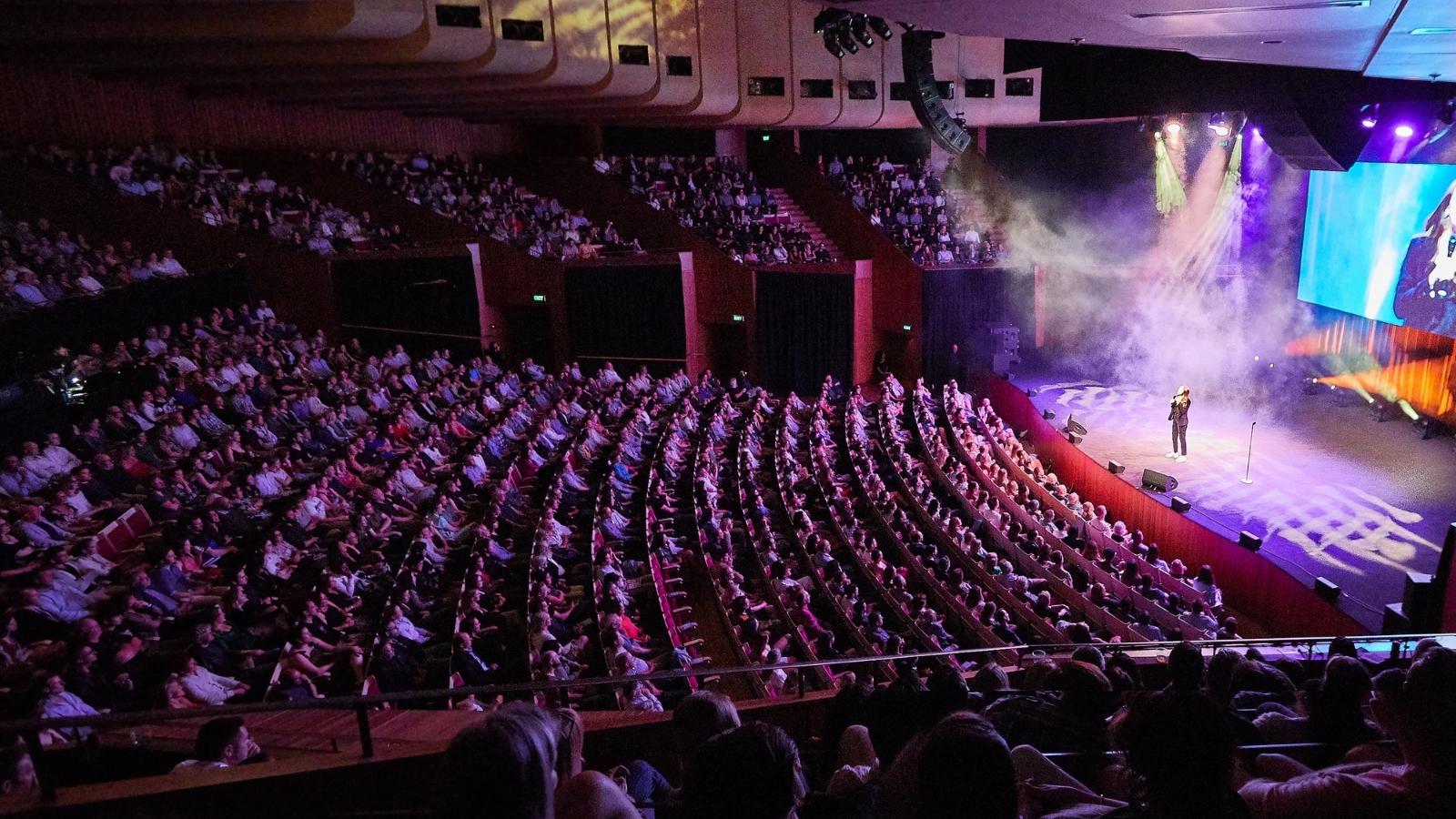
Make It Australian
By Mark Morellini
The prestigious Sydney Film Festival (SFF), which is regarded as one of the most prominent and diverse in the world amongst filmmakers and festival attendees alike, celebrates its 66th presentation and audiences should be mesmerised by the alluring program showcasing 307 films from 55 countries.
This year there has been a resurgence in Australian cinema, highlighted by the selection of 23 Australian films which have their world premiere at this film festival, including Rachel Ward’s family drama Palm Beach, revenge tale Judy & Punch, political drama Slam, and poignant Hearts And Bones, which stars Hugo Weaving.
Standing Up For Sunny is an Aussie rom-com written and directed by Steve Vidler which should prove to be a crowd-pleaser at the festival. “It’s about a young guy called Travis (RJ Mitte) with low-grade cerebral palsy who has built an angry, isolated shell around himself to protect from being treated differently, but when he turns that anger (hilariously) against a drunk heckler harassing an unassertive comedienne called Sunny (Philippa Northeast), he discovers an outlet to express himself,” explained Vidler. “He and Sunny form a bond, but when she gets too close, his old self-protective mechanisms kick in and he pushes her away. He has one chance to win her back – from onstage during the televised final of the biggest comedy contest of the year.”
This film which was initially penned as a play until Vidler thought it felt more like a film, stars RJ Mitte who has cerebral palsy in real life and is best known for his role on American produced television hit series Breaking Bad. “Surprisingly it wasn’t difficult to get RJ to come on board. He read the script and responded immediately. We had a brief skype meeting so RJ could see I didn’t have two heads (though he’s so cool even that probably wouldn’t have fazed him!) and he committed right away.”
Vidler was adamant that having a film screen at the Sydney Film Festival could open many doors for talent who have worked on the film – and for the film itself. “SFF is a highly regarded event. Even in LA people respond with plenty of enthusiasm and excitement when they hear the film is screening there. The overwhelming majority of the Australian film and TV industry get along to the festival, and there’s always a strong interest in the new Australian films on the program.”
And the initial feeling when you discover your film has been chosen to screen at this festival? “I have to admit it’s a bit of a buzz. You’d have no pulse if you don’t get a kick out of knowing that your film is having its world premiere at the gorgeous State Theatre!”
Vidler is enthused about the flourishing future of the Australian film industry, stating that the established and up-and-coming talent is paramount to its success. “With the shift in distribution towards streaming platforms, the window of opportunity for Aussie films to reach the world is increasing. It’s an exciting time to be a filmmaker!”
Australian feature documentaries are also prominent at this year’s festival, which includes the indigenous offering She Who Must Be Loved, refugee-based Sanctuary and Martha: A Picture Story, the story of photographer Martha Cooper.
Australian documentary filmmaker Sascha Ettinger Epstein, whose previous effort The Pink House (2017) won the Documentary Australia Foundation Award, returns with Life After The Oasis, a follow up to 2008’s Oasis which shocked Australia with its insight into homeless teenagers living in a gritty youth refuse in Sydney.
“Australian feature documentaries are so important. There are Australian people, Australian issues, the context of the times,” explained Epstein. It’s so fascinating to go back and watch documentaries from the 80s or the 70s, as it just captures a window in time. I love documentaries. I can’t watch drama anymore!”
Oasis put youth homelessness on the map in 2008, detailing how the services were failing them, the social inequality and how the policies to have homelessness eradicated by 2020 never came to fruition. A decade later with so much inaction, this follow up documentary traces where these youth’s lives have gone, some stories are uplifting while others are tragic, and where significantly society and politics continue to fail this issue.
“Social inequality is now in the news because of housing affordability issues. Nobody can pay their power bills – our society is getting more and more divided into have and have-not. People need their basic human rights. I’m interested in the stories of people, but they inherently have a political message. That’s the best way to get the message across, through people’s personal stories.”
This documentary was 18 months in the making and Epstein who wrote and directed the project said she thoroughly enjoyed making this film which resonates how resilient and adaptable people are and how trauma can be overcome. “On a political level the message is; look at the state of our society – the stark divide!”
Epstein is proud to have her film as part of the documentary line-up at the SFF. “I love having my documentaries screen at this festival! It’s great because it’s the hometown and I love going to see lots and lots of Australian and international documentaries. I feel it’s a prestigious festival.”
And how does the future look for Australian produced feature documentaries?
“It’s very hard to make a feature documentary in Australia in the current climate. We’re lucky though because many countries don’t have government funding for filmmaking. There’s a campaign at the moment, ‘Make It Australian’ because they want quotas for Australian content now that we have all these streaming services, so I think that would be wonderful if this campaign was successful.”
Jun 5–16. Various Venues. $21-$162 (Flexipass 10 tickets). Tickets & Info: www.sff.org.au


